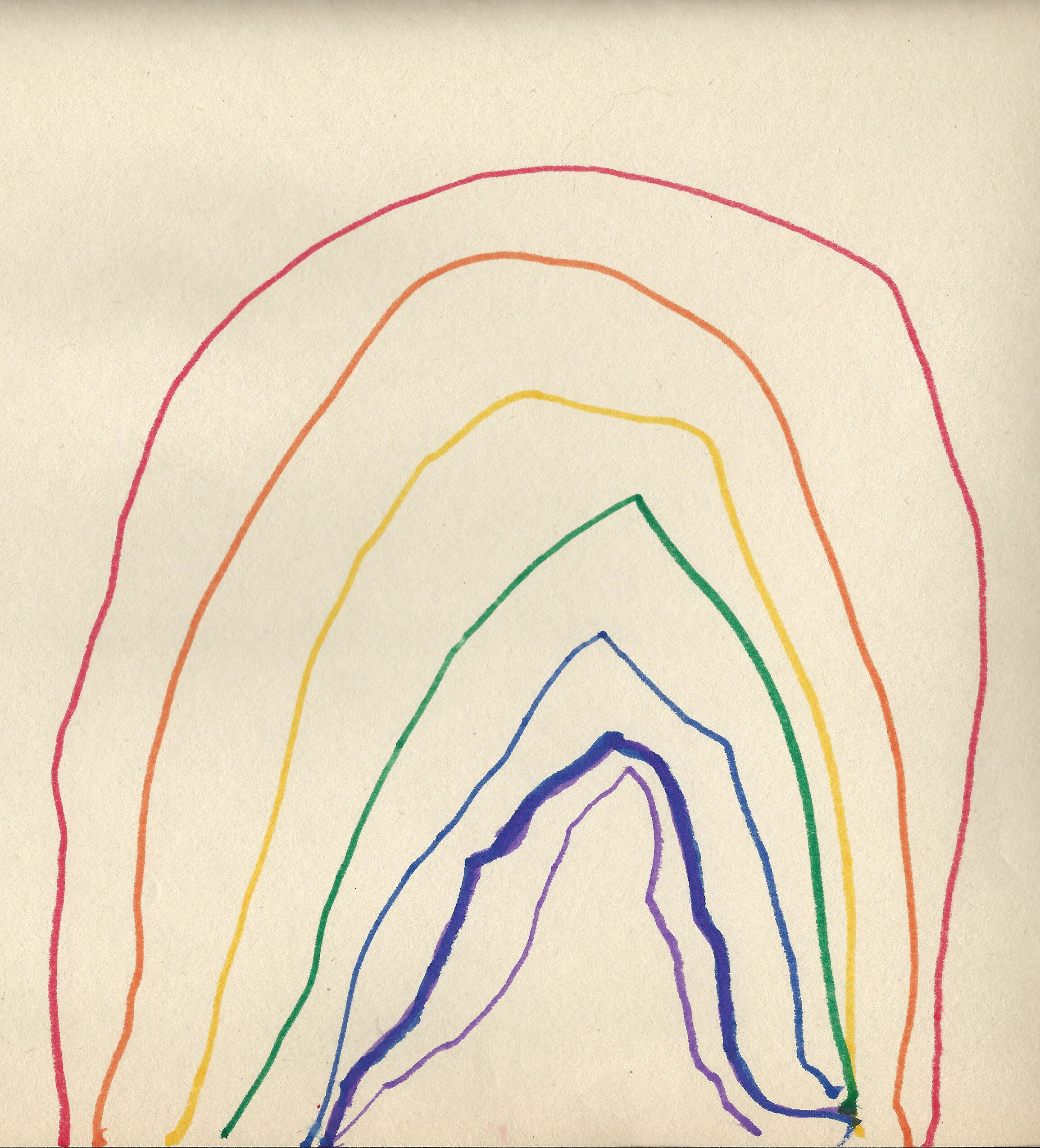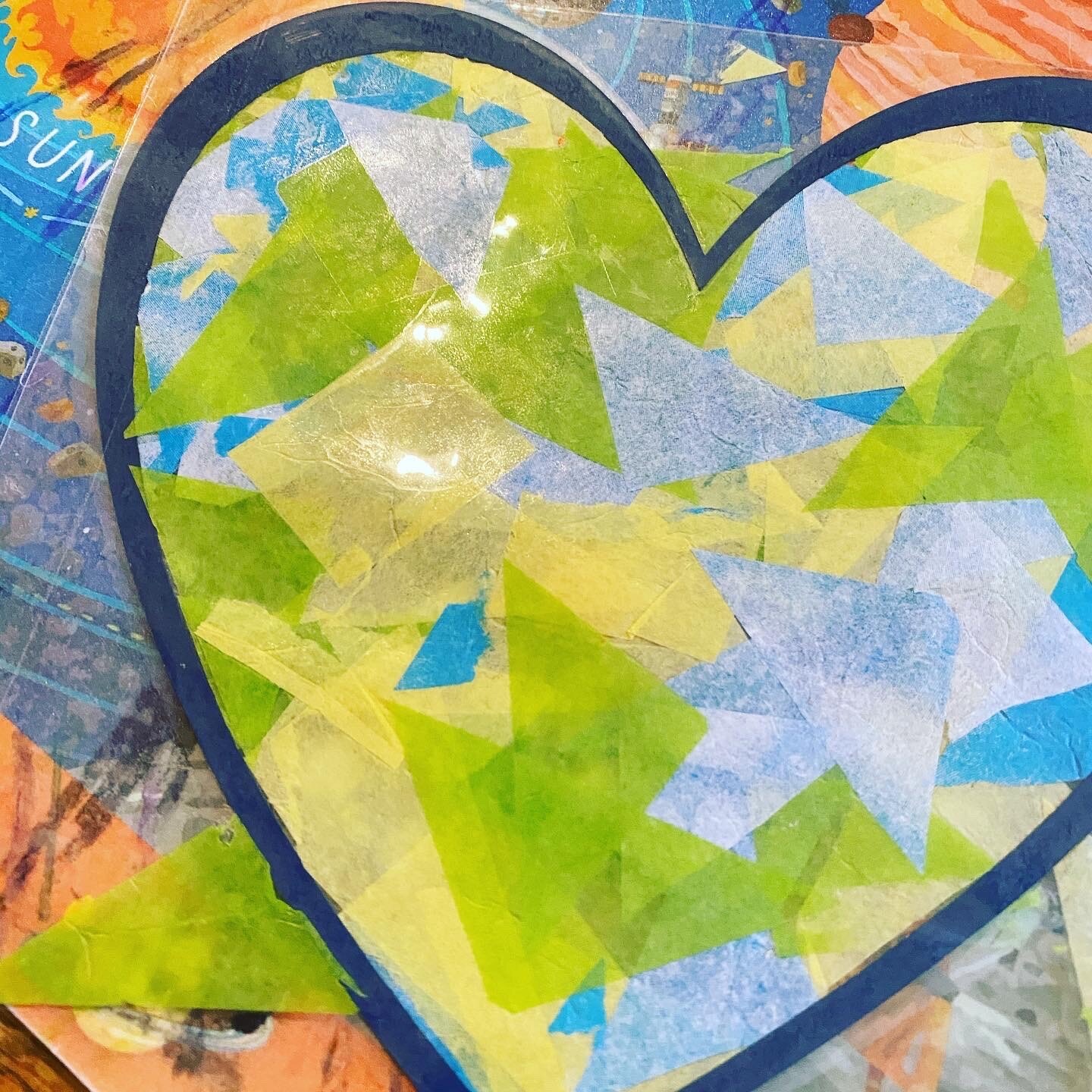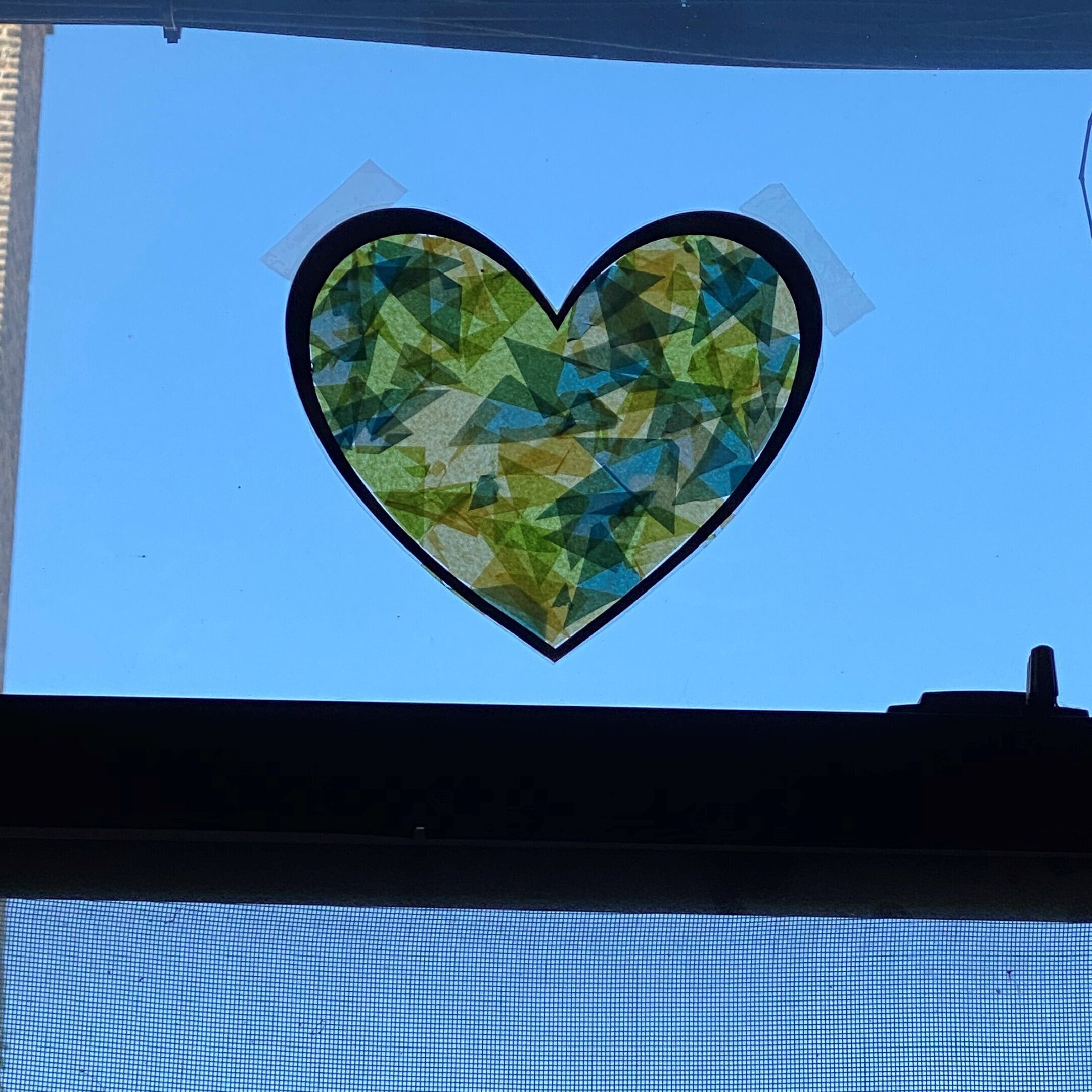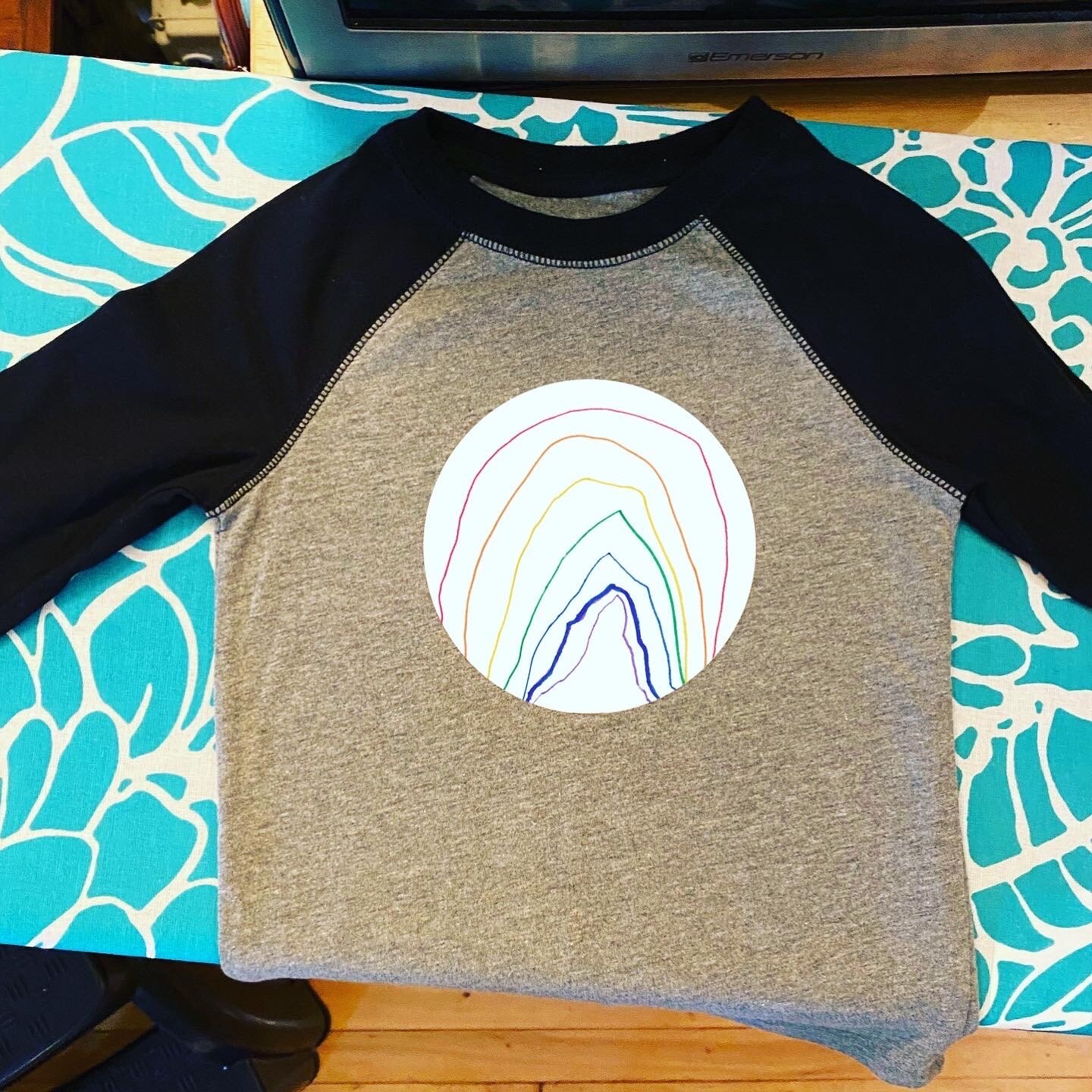It’s been a year.
12 months since I last heard my mother’s voice.
365 days since I last felt an iota of hope.
I marked the occasion at her home, where I’ve spent the last few months digging through boxes, unearthing parts of my parents that had been tucked away for decades. I’m realizing that as much as I love and miss them, the fact remains that I knew them first and foremost as my parents, and not entirely as the people they were.
I’ve found a treasure trove of letters my mom saved from her time as a school bus driver: notes from students telling her how much she meant to them. Because of her kindness. Because of the interest she showed in their lives.
I’ve found old report cards and citizenship awards: some moldy and ragged at the edges.
I found invitations to their wedding, cards from those who attended and endless mementos whose significance I will never have the chance to understand.
I’ve found photos of them young, happy, smiling: photos of them together, photos of them with family, with friends.
I saw my paternal grandfather’s handwriting for the first time in one of my dad’s high school yearbooks: a brief message that made it clear he believed my dad would be the first in their family to go to college. He lived just long enough to learn he was right.
Elsewhere in the book was a message from my father’s youngest brother. He also died in 2020: just three months after my father and three months before my mother. He was in junior high when he scrawled his message: TO MY DUMB BROTHER.
I laughed out loud when I read those words, knowing that was likely the closest they ever came to swapping terms of endearment.
In other boxes, less pleasant memories – ones I witnessed in real life and in full horror – are also to be found. Old test results. Brain scans. Liver scans. Half-empty pill bottles. Unfinished crossword puzzles.
And the part that really stands out to me — the part I don’t fully understand — is that I feel the same gut punch whether I’m opening a box full of sad memories, or a box full of happy ones.
They are all pieces to the same bittersweet puzzle: a reminder of hope reduced to ash. A reminder of life’s frailty and time’s cruel passing. A reminder of those we are missing.
A reminder that, when they were here, our puzzle was complete.
And the realization that it never will be again.










